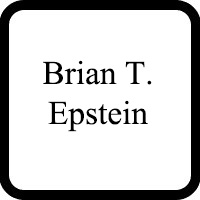East Moriches Juvenile Law Lawyer, New York
Sponsored Law Firm
-
 x
x

Click For More Info:
-
Law Office of Adrienne D. Edward P.C.
549 Summit Ave Jersey City, NJ 07306» view mapCriminal Defense & Family Law Effective Legal Strategies
Our practice is committed to serving the unique needs of every client. We strive to make you feel heard, valued, and empowered at every stage of the legal process.
201-420-8850
Not enough matches for East Moriches Juvenile Law lawyer.
Below are all East Moriches Criminal lawyers.
Albert Eugene Norato
✓ VERIFIEDWho is Albert E. Norato, Jr.? He is not just some white-collared reclusive lawyer who works for the nice sports care and lavish lifestyle. Mr. Norato ... (more)
Brian Todd Epstein
✓ VERIFIEDAttorney Epstein graduated with his J.D. from Touro College. Attorney Epstein practices Divorce & Family Law, Criminal, Accident & Injury, Estate, and... (more)
 Adrienne D. Edward Jersey City, NJ
Adrienne D. Edward Jersey City, NJ Practice AreasExpertise
Practice AreasExpertise


